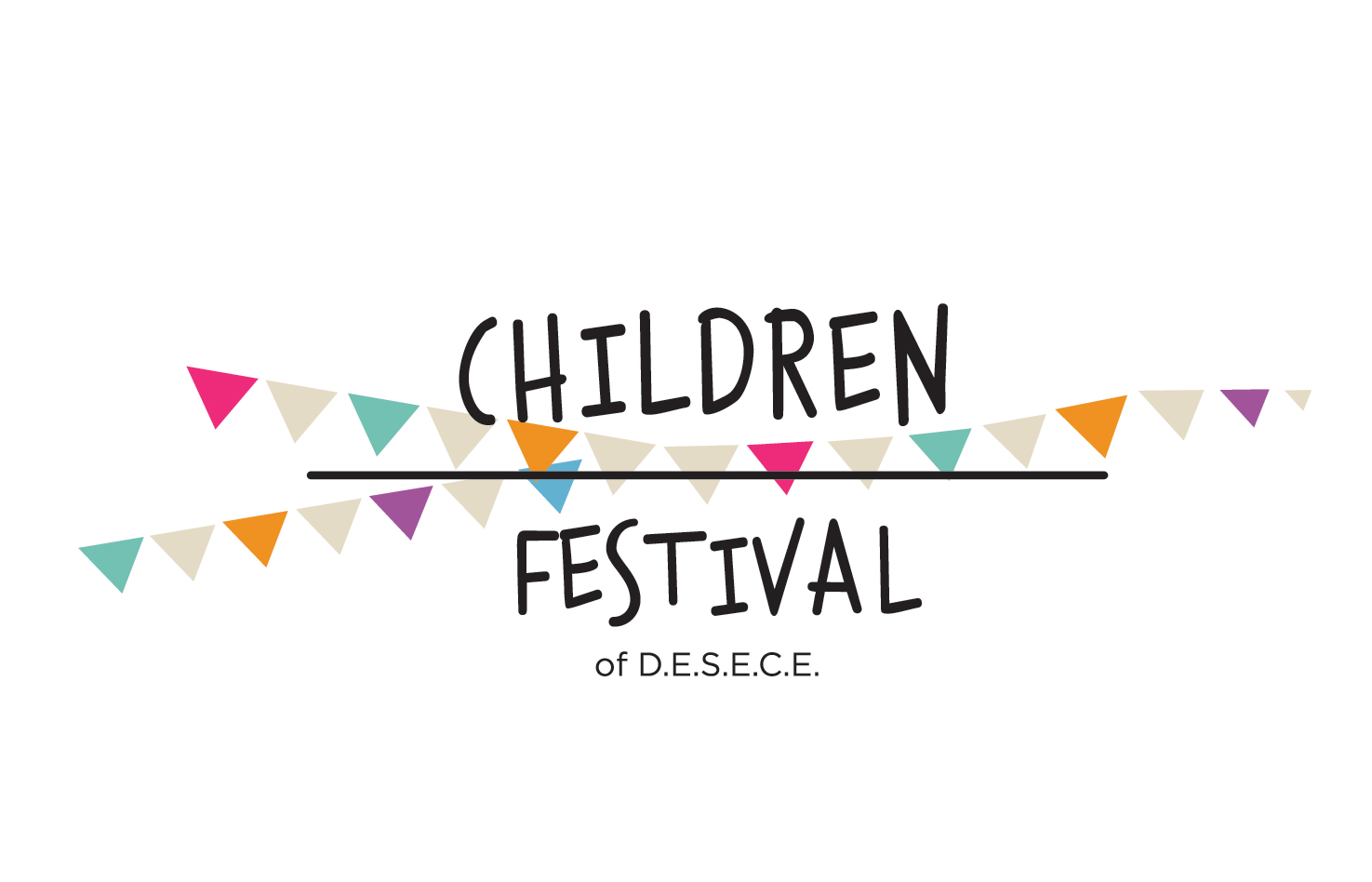Vassiliki Riga The children participate in rough mobility games that aim at the overall mobility of their bodies and in the enjoyment of pleasure through multi-faceted motor experiences (running, balance, jumping, relay, etc.).
Motor Games
Antonis Vaos & Alexandra Mouriki An organized art workshop hosts the children and encourages them to work individually and collectively, meeting art through their creative action, experimentation and exploration.
The Land of Colours
Georgia Parparoussi & Niki Bartzela The children watch fairy tales that are invested with live music, they sing, know and then experiment with the musical instruments and the sound objects of the fairy tale, actively participating.
Musical Tales
Vassiliki Riga Children build and play with dolls of various materials, express themselves freely in a variety of ways, set up and watch performances while living in the real and imaginary world.
Puppet Theater
Stathis Balias Children learn to say their opinions about simple issues of their daily routine, discuss with each other what is the most appropriate about a subject, and decide through democratic procedures (eg voting or with their hands) in order to learn to communicate and solve problems with discussion, with consensus and without violence.
Participate and Decide
Dimitris Politis Children are acquainted with illustrated books through reading / narrative text and viewing their images, while participating in the activities (thematic - cross-curricular) carried out by the students / students.
Storytelling
Konstantinos Zacharos In the mathematics workshop, children through play, exploration and experimentation acquire mathematical concepts.
Researchers of Mathematics
Vassiliki Riga We learn / remind children of traditional traditional games that can play in the yard of the school with their friends. Children are familiar with the idea of "belonging" to a whole, obeying rules, collaborating and entertaining.
Traditional Games
Vassilis Komis Children are encouraged to participate in problem solving activities with educational robotics, in order to familiarise with basic computational thinking skills and educational robotics concepts.
Robotic Explorations
Dimitris Koliopoulos In this workshop, our students create an entertainment and non-formal learning environment for children to approach the issue of renewable energy sources with pleasant and simple activities.
Renewable Energy Sources
Eugenia Arvanitis This Lab aims at collaborative and inclusive intercultural learning through mediation, active action, conflict resolution and intercultural dialogue. Children through activities develop multiple views of everyday life that relate to diversity and the cultural other and interact with external interlocutors (e.g. intercultural mediators, members of ethnic communities, students / professors from overseas).
Intercultural Education
Students Students of DESECE transform themselves to chefs and along with the young chefs (children) discover the art of cooking, using their sense of vision, taste and smell, their imagination and skills.
Little Chefs
Angeliki Vellopoulou Educational activities covering learning contents from various learning areas of the Kindergarten Curriculum,
organised within the compulsory Practicum courses framework during the 3rd and 4th year of studies in the DESECE.
PlayPracticum
organised within the compulsory Practicum courses framework during the 3rd and 4th year of studies in the DESECE.
Thanassis Karalis Through activities based on Circus games, children learn to work together, developing coordination, balance, manipulation, visual-kinetic, and quintessential skills.
Circus Games
Vassiliki Riga With a simple paper, children create forms / objects and dramatize them, improve fine mobility, visual coordination, have fun, while they perceive the value of a plain paper.
Origami
Grigoris Mirkonis Children learn and sing the traditional and modern lyrics and bends that are popular, popular for such ages but have also been established in the private and public Greek feast, both in the life cycle and in the time. In addition, clapping, the contact of children through motor and musical activities and the general activation of their senses, form an environment of society, cooperation, expression and entertainment.
Folk Songs & Dances
Marianna Kondyli Children are engaged in a meaningful treasure hunt in which have to give/follow multimodal (spoken and written language, images) orders and suggestion as to find out a “hidden treasure”.
Tongue-releasing
Graduate Students of DESECE Children are in contact with nature, collect materials from the natural environment, activate their imagination and create works of art on the ground, and thus knowing another form of art.
